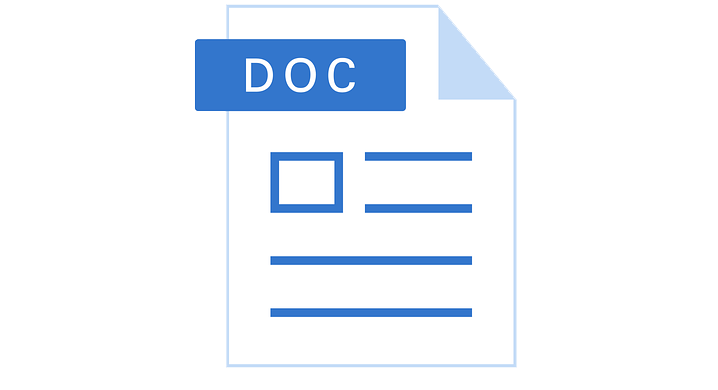Kedudukan Dan Wewenang Mahkamah Konstitusi Dalam Sistem Ketatanegaraan Republik Indonesia
Wewenang, Mahkamah Konstitusi, Sistem Ketatanegaraan Republik Indonesia
DOI:
https://doi.org/10.58705/jpm.v2i1.108Abstract
Institutionally or in the organizational system, the existence of the Constitutional Court as one of the judicial bodies that is not under the Supreme Court, like other judicial bodies and this means that there are two highest judicial bodies in judicial power, namely the Supreme Court and the Constitutional Court. The problem that already exists is how the function and position of the Constitutional Court is in the constitutional system of the Republic of Indonesia. The position of the Constitutional Court as an independent State institution in the judicial sector and has implications for the Supreme Court, if previously the position of the Supreme Court was the highest Judicial Body which oversees all Courts in the Republic of Indonesia, now there is a judicial body which is not under, even its position is equal to The Supreme Court, namely the Constitutional Court and even the Constitutional Court through its constitutional authority to review the constitutionality of laws, can postpone the exercise of the Supreme Court's authority in examining laws and regulations whose level is below the law against laws.
Downloads
Published
How to Cite
License
Copyright (c) 2023 Jurnal Penelitian Multidisiplin

This work is licensed under a Creative Commons Attribution 4.0 International License.









